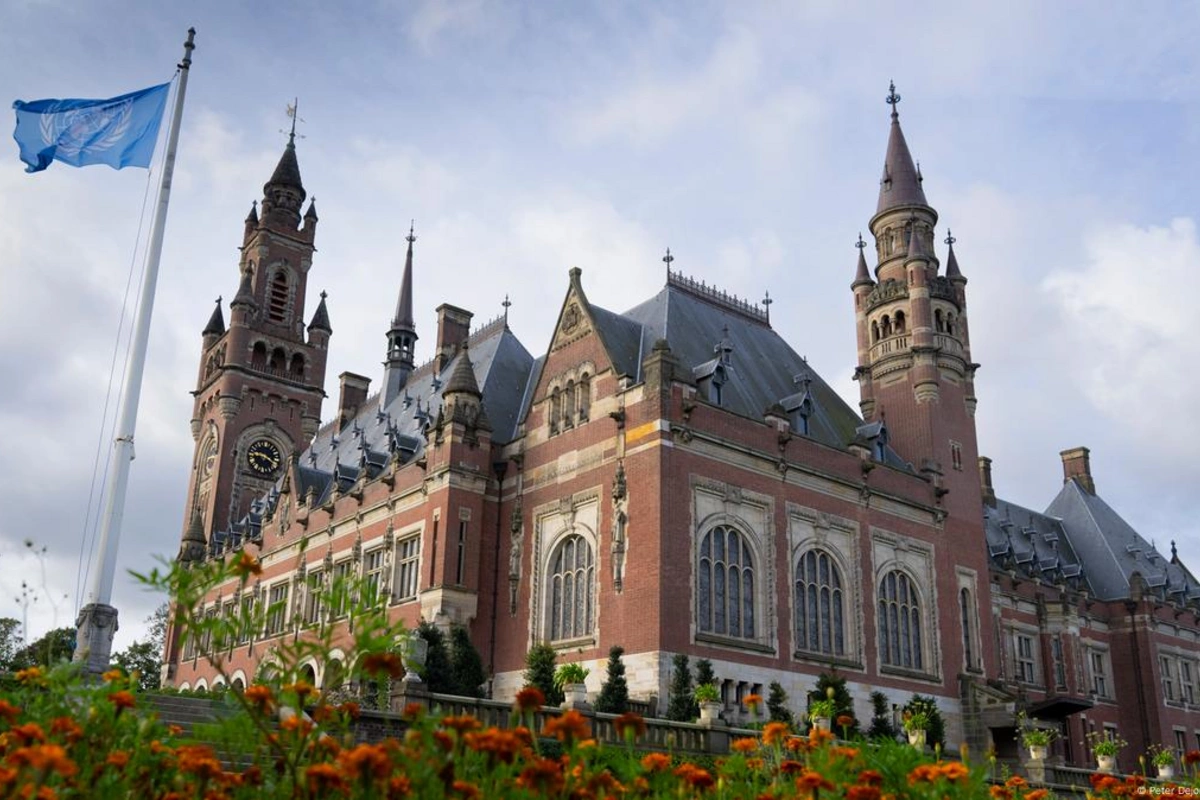
Armenia’s mining activities during its occupation of Azerbaijani territories have had devastating consequences. Over 1.5 million landmines were planted, making Azerbaijan one of the most mine-contaminated countries globally.
Photo credit: AP
The International Court of Justice (ICJ) will proceed with Azerbaijan’s case against Armenia, accusing it of ethnic cleansing and other acts of racial discrimination during its decades-long occupation of Azerbaijani territory.
The announcement was made by Azerbaijan's Deputy Foreign Minister Elnur Mammadov, The Caspian Post reports.
"The International Court of Justice has today confirmed that Azerbaijan’s case against Armenia for ethnic cleansing and other acts of racial discrimination during its decades of occupation of Azerbaijan’s internationally-recognised territory will proceed," the deputy minister said on X.
“The Court has also rejected Armenia’s attempt to exclude from the jurisdiction of the Court the claims relating to Armenia’s practice of laying of landmines and booby traps. It is vital to secure justice for the victims of Armenia’s landmine campaigns, a number that tragically continues to grow to this day," Mammadov added.
Armenia’s mining activities during its occupation of Azerbaijani territories have had devastating consequences. Over 1.5 million landmines were planted, making Azerbaijan one of the most mine-contaminated countries globally. This policy of "mine terrorism" has caused extensive harm to Azerbaijani civilians. Since the end of the Second Karabakh War, 382 Azerbaijanis have fallen victim to landmines, with 70 killed and 312 seriously injured. In total, over 3,400 people have been affected by mines, including nearly 600 deaths, with 359 of them children and 38 women.
Share on social media